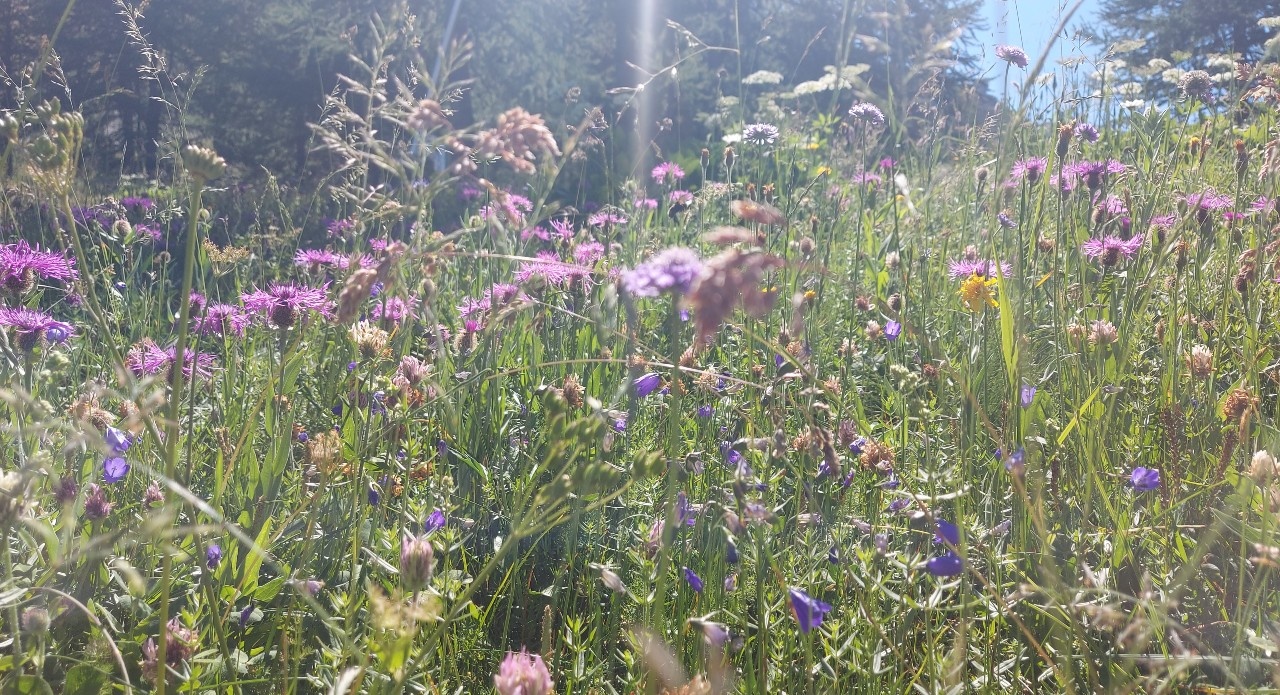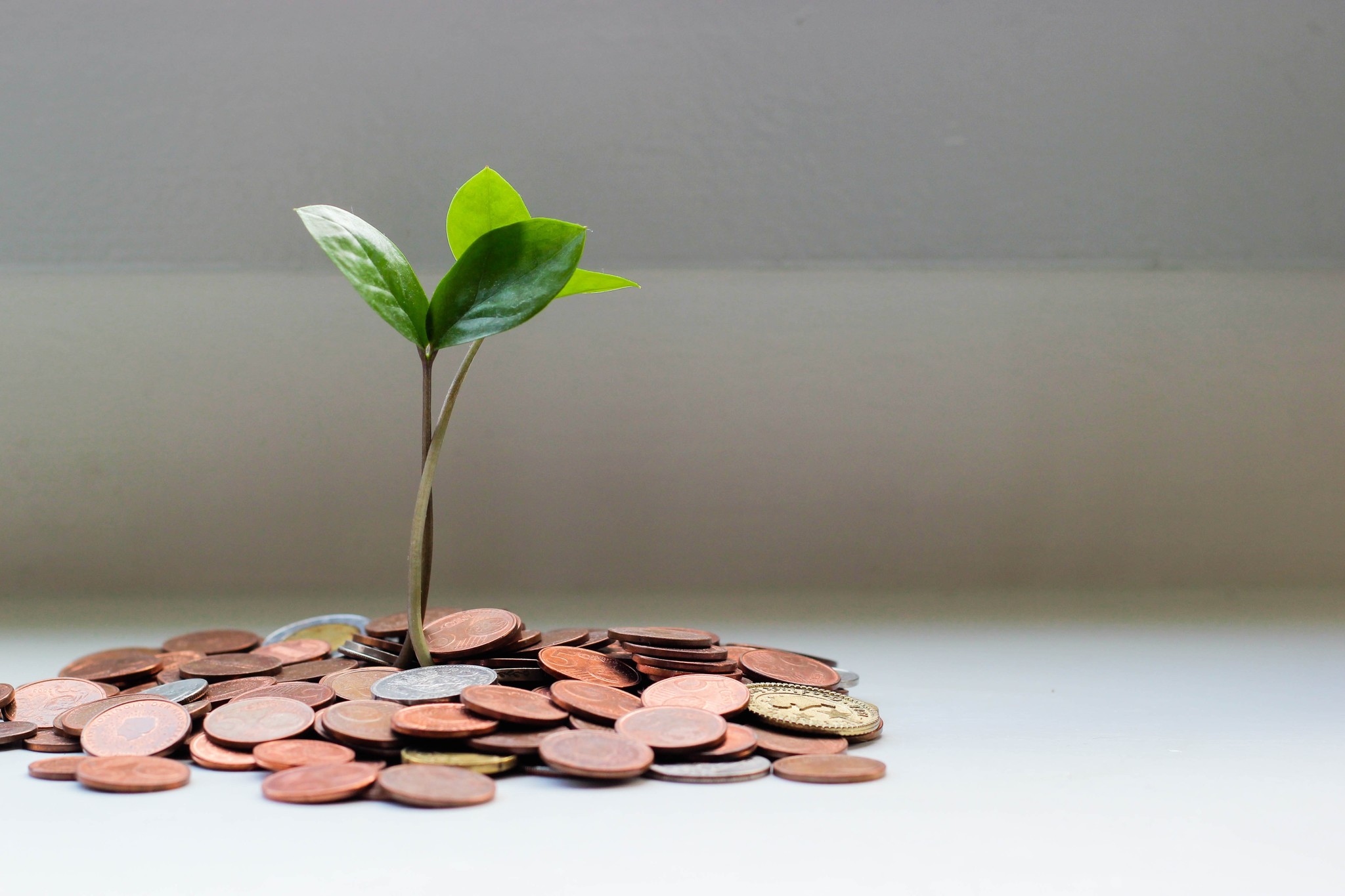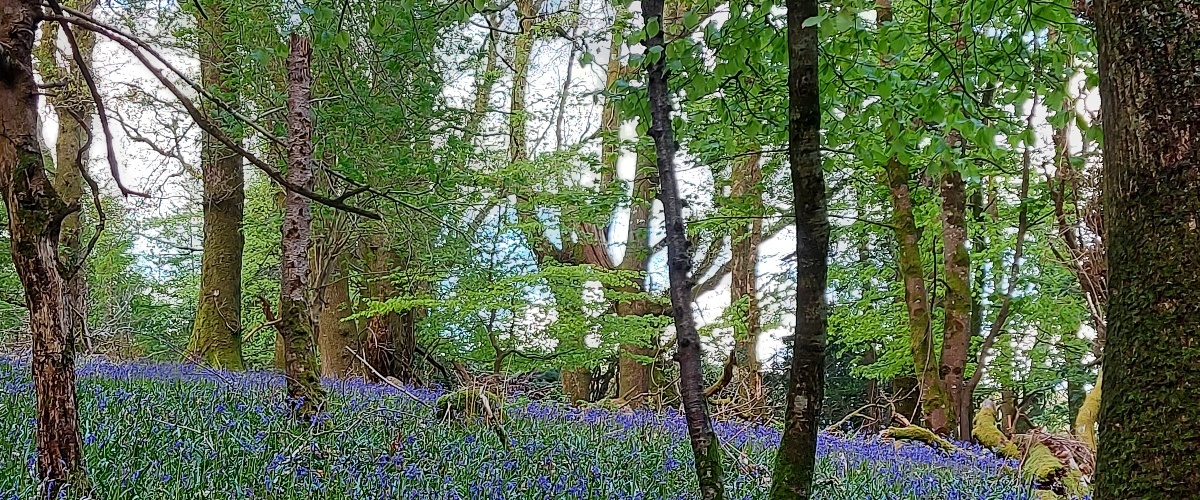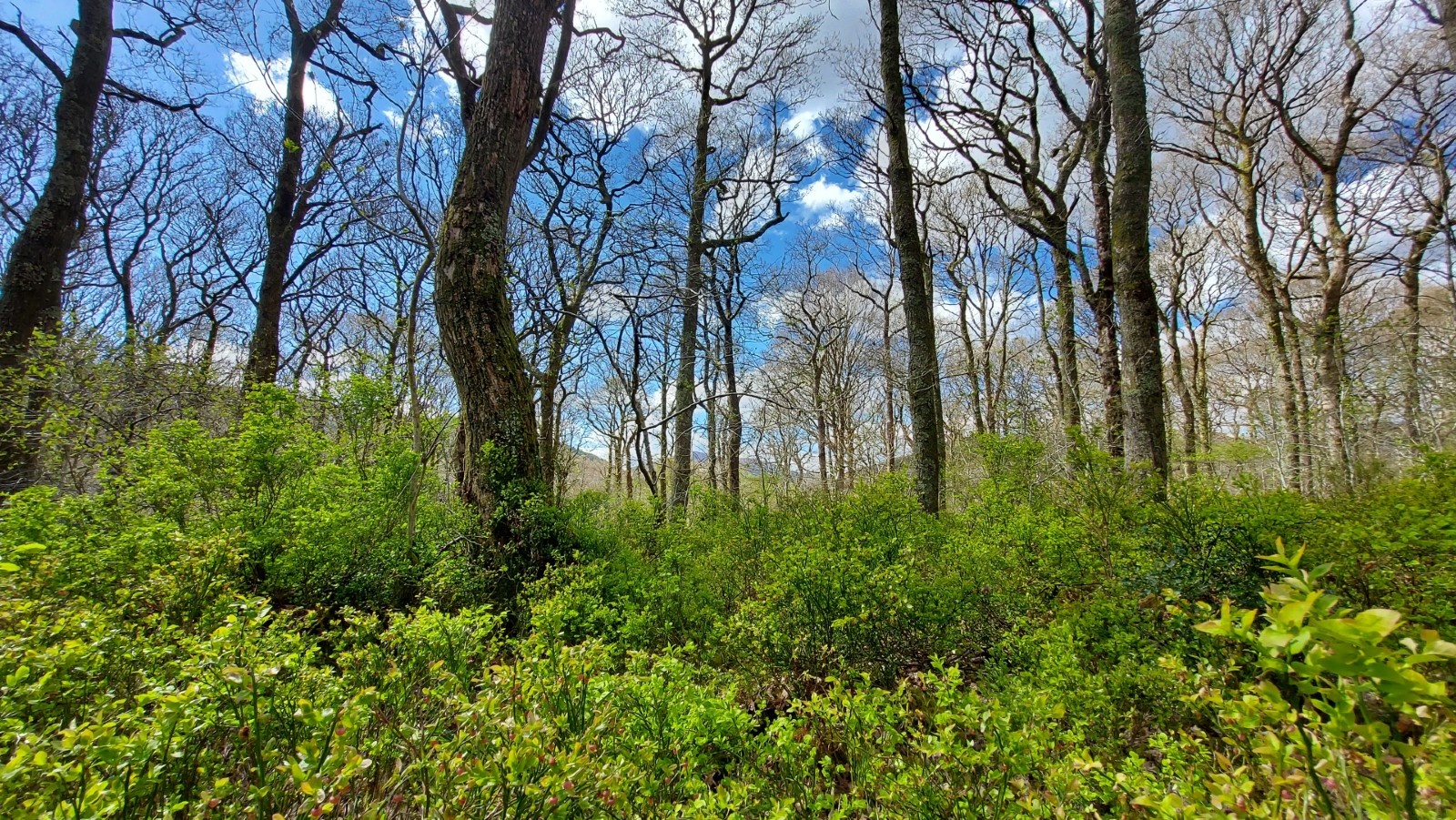Genuine Effort or Greenwashing?
- Posted on
- By Cindy Doyle

Earlier this year, we issued the brands you know and love, with a survey to assess what they were doing in terms of their sustainability efforts. Unsurprisingly, like many individuals, these businesses - whether small or large - are at varying points in their sustainability journey.
Some have just started, some are well on their way, others have not started yet. We are not here to judge where they are in that journey, but rather, strive to offer transparency. So we can offer you better choices and from there, you can make more informed decisions yourself.
Brand Sustainability - Genuine Effort or Greenwashing?
Our objective
Earlier this year, we issued the brands you know and love, with a survey (Appendix A) to assess what they were doing in terms of their sustainability efforts. Unsurprisingly, like many individuals, these businesses - whether small or large - are at varying points in their sustainability journey.
Some have just started, some are well on their way, others have not started yet. We are not here to judge where they are in that journey, but rather, strive to offer transparency. So we can offer you better choices and from there, you can make more informed decisions yourself.
With sustainable development at the core of our purchasing decision making here at adventure.ie, we had already been choosing what looked like the most sustainable options within and across brands.
But really, when we dug deeper, we didn’t have enough data to back up our choices. Why? Because there is no standard method across the industry to measure this (perhaps none across any industry) yet! It’s similar with sleeping bag ratings, tent or rain jacket testing, different companies choose different methods. Claims can and are made on all of these things, but unless these are verifiable and externally certified - can we trust them?
What does sustainability mean anyway?
The Brundtland Commission in its UN report, Our Common Future (2013), famously defines sustainable development as:
“Development that meets the needs of the present without compromising the ability of future generations to meet their own needs.”
We understand sustainability therefore using the Sustainable Development Goals and their dimensions of: Planet, people, prosperity, peace and partnership. Sometimes that means asking difficult questions of ourselves and others.
Greenwashing or truth?
Without comparable industry standards, the entire sector is vulnerable to green-washing. We therefore needed to see what exactly is being done. Does the action live up to the brand’s stated intention?
Are those actions verified by a reputable 3rd party auditor? Or is it an in-house statement/action? These can be great, but are more exposed to exaggerated or even untrue claims if not open to critical examination. Particularly if it’s the marketing department who are “looking after” sustainability.
It is great to see countries clamping down on false claims. Brands like H&M and Decathlon were very recently found in breach of their eco-claims in The Netherlands for instance. In June of this year, again H&M and Nørrona outerwear brand were given a slap on the wrist in Norway, discrediting the use of the controversial Higg Index (since suspended) in the process. Read more.
So, for instance if brands A and B both offer tees made from recycled plastics, without examining the rest of their business practices, we could just choose which one we liked the best or which supplier we found easier to work with.
We wanted to ensure we were rewarding brands who do more for our planet and its people, by choosing their product to stock in our store, and to do so we needed to take a closer look.

Who do we think we are?
Although we are interested in sustainable business development, that does not mean we are sustainability experts. It’s an enormous field of study and infiltrates every aspect of life on earth. The more you know, the more you realise how little you actually know.
What we are doing is working closely with Sustainable Travel Ireland to help us make the events and expeditions we run as sustainable as possible both in terms of planetary boundaries and keeping our business viable. Sometimes these conflict, but we are doing the best we can with the resources currently available to us.
We are Intermediate members with Sustainable Travel Ireland and will soon embark on our journey towards the full Gold certification - hopeful to achieve this within the next 12 months, and happy to take Bronze or Silver along the way so long as we are progressing.
In terms of retail, we are mostly self-taught. Navigating our way through as best we can and trying to keep the Sustainable Development Goals in mind as we do that. It’s slow. Slower than we’d like. And frustrating.
To develop our own understanding in a deeper way, Cindy is currently taking an MSc. in Sustainable Development part-time in UCD, whilst Ronan is into his 2nd year of part-time study with NUIG in the field of Earth & Ocean Sciences.
You can find our own sustainability practises and policy here.
Who did we contact?
We made contact with the sales representatives and/or distributors for the following suppliers and brands to request contact information for the person responsible for sustainability in their company. Once contact with the appropriate person was made, each was sent an email inviting them to complete our survey. (Appendix A.)
We were very clear in our communication that we intended to publish our results and that any response, including lack thereof, would be included.
Companies were not all contacted at the same time. The bigger ones were contacted in June and we worked our way through the list of brands we stock. Some suppliers manufacture themselves as well as distribute and often have more than one brand. Those who were contacted later in the process may be added to this report to ensure fairness. Those who suddenly submit after publication despite early initial contact and follow up(s), will also be added, but with an identifiable annotation.
(For mobile, hold in landscape mode for supplier response.)
|
Who was contacted |
Their Response |
Dedicated Sustainability Manager |
|---|---|---|
|
Lyon Equipment - Julbo, Exped*, Optimus, GSI, Ortlieb. |
Awaiting data |
No |
|
Helinox |
Awaiting data |
No |
|
Silva |
Awaiting data |
Yes |
|
Darn Tough Socks |
Awaiting data |
Currently replacing one |
|
APSBiocontrol - Smidge |
Awaiting data |
No |
|
Oberalp Group SPA - Salewa, Dynafit |
Completed Survey |
Yes |
|
Equip Outdoor Technologies - Rab, Lowe Alpine |
Completed Survey |
Yes |
|
Thermowave |
Completed Survey |
No |
|
MPowerd Inc - LUCI lights |
Completed Survey |
Yes |
|
EastWest Mapping |
Completed Survey |
No |
|
Light My Fire |
Completed Survey |
Yes |
|
Petzl |
Completed Survey |
Yes |
|
Newell Brand Technical Apparel - Marmot |
Completed Survey |
No |
|
Thermofisher - Nalgene |
Completed Survey |
Yes |
|
EXPED* |
Completed Survey |
Yes |
|
Drytech - Turmat expedition foods |
Completed Survey |
No |
|
Cascade Designs - MSR, Thermarest, Platypus, Seal Line, PackTowl |
Declined to Complete |
No |
|
Outdoor & Sports Company Ltd - Ron Hill (incorporated Altra at time of initial contact) |
Declined to Complete |
Yes |
|
Ardblair - LEKI |
Declined to Complete |
No |
|
Ordinance Survey Ireland |
No response |
Don't know |
|
Lifemarque |
No response |
No |
How did they respond?
In and of itself, the responses to the emails seeking contact details were enlightening. My questions seemed to elicit a certain amount of panic. Some did not respond at all - despite follow ups. Or responded, declining the invitation to participate, despite knowing we would publish that. As you can see above, companies with a person responsible for sustainability, had a much higher completion rate.
It’s also worth considering that the lack of response or the quality of response provided in some instances may be down to a given employee rather than a corporate unwillingness to share data. There is at least 1 instance (Marmot) where data supplied by the employee is actually incorrect - which raises questions about the integrity of the rest of the information provided by them.
‘No response’ pretty much means radio silence. Sometimes this happened after an initial point of contact was given and agreed to engage with us before falling silent, despite at least 2 gentle nudges to remind them.
‘Awaiting data’ means that in these cases some information or a promise of information was given although the survey itself has not (yet) been completed. Lyon Equipment are in this category for a few reasons. Acquiring contact details for the appropriate person with each of their distributed brands was/is like getting blood from a stone.
‘Declined to respond’ was both interesting and disappointing. O&SC who supply us with our recycled range of Ron Hill actually employ a dedicated sustainability manager, who stated the following:
“We’d like to update you on our Sustainability but we do not yet wish to share this information publicly and therefore have decided to not complete the document. We will be looking to calculate the carbon footprint of Ronhill’s operations in the coming year with a baseline of 2021.”
An interesting response from a sustainability manager who should be aware that transparency is the best policy. We’re all on a journey. If we waited until we were perfect to publish our data, it would never be published. Publishing, even where it makes us look bad, holds us accountable and helps us strive for better. You will notice a firm favourite with Irish customers, Cascade Designs, also declined to respond.
“At the moment Cascade Designs LTD (the European headquarters of Cascade Designs) is working towards the measurement and reduction of the elements in your survey – C02 emissions, water and electricity consumption etc, but we currently don’t have specific actions in place.”
They go on to state that despite this, they are acutely aware of its importance and outline what steps they are taking. Eg. repair centre based in Cork where they manufacture Thermarest products and plan to expand manufacturing locally. It’s worth noting that once they are made in Ireland, they are then shipped to their European distribution centre, to be shipped back to Ireland to retailers and consumers. This makes sense for them logistically of course as they sell throughout Europe, but it is part of the story not usually told. Having said that, ‘made in market’ is a worthy concept, particularly in markets where labour laws are better.
The final of the three declinations was from LEKI poles distributor, Ardblair. LEKI, I’m told, have since approached an agency to assist them in this:
“LEKI is doing quite some solid work in the background, but we never certified or standardized this part. So you are pointing [to] a blank spot that LEKI urgently needs to fill. We are in the process of evaluating the carbon footprint and there are more projects lining up. I have no timeline for you, but this is definitely high on our list of priorities.”
In the interest of fairness, brands whose sustainability manager contact details I’ve just been given or who I myself overlooked until data compilation (and therefore have only recently been in touch with) are not included above. Namely; Tentmeals, Optimus (Katadyn Group), Ortlieb. Have I missed anyone else? Let me know.

Can we believe their answers?
The truth is, I don’t know. But at least those who did respond were willing to be transparent.
A few brands do stand out as being particularly knowledgeable about where they stand in their sustainability journey, they are actively measuring and implementing changes to reduce their impact - and can verify this.
However - although 7 said their sustainability practices were third party verified, only 4 companies: Equip (Rab and Lowe Alpine), PETZL and Thermo Fisher Scientific (Nalgene) and Drytech (REAL) could provide measurements for their carbon footprints.
Interestingly, despite providing highly detailed information using the GHG Protocol and the French government approved Bilan Carbone method, and hiring the support services of consultancy firm Carbone 4 to assist them, PETZL did not claim to have their measurements 3rd party verified.
For me, this called into question the reliability of the data from those who did not have similarly detailed measurements, yet claimed to be third party verified in their sustainability measures. If you are not measuring your impact, how do you know the changes you are implementing are having an impact? The data not yet measured, the actions not yet taken, are many.
Even obvious ones such as waste reduction and water management are some of the missed opportunities to be more sustainable. These are what my colleagues in Sustainable Travel Ireland like to call “low-hanging fruit” because they offer incredible opportunities to reduce our impact.
In fact, PETZL, Thermo Fisher (Nalgene) and Drytech (REAL food) were the only respondents who submitted values for weight measurement for example. They were also the only respondents who reported engaging in measurable water saving measures.
We too missed the opportunity to ask some pertinent questions - this has been a journey of learning for us also, but we do feel we have achieved our aim of transparency.
The data that was collected, along with the unanswered questions, the unwillingness or inability to share data and in some cases, the complete lack of response, probably speaks for itself about where each company is at in their journey.
We can then compare this with those same companies’ marketing claims and draw our own conclusions.
Follow the link below to view a spreadsheet. The first column has been frozen so you can keep the company name beside their answers to the questions. Desktop or Laptop recommended.
Supplier Sustainability Survey - Appendix B.xlsx

**Apologies for what looks like poor formatting, irrespective of how this is laid out, even via code in the background, the lightspeed system is not recognising this.

